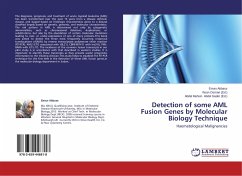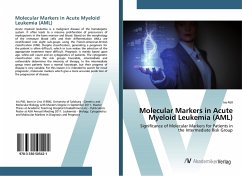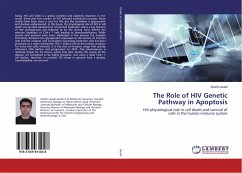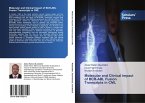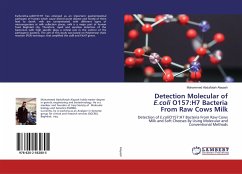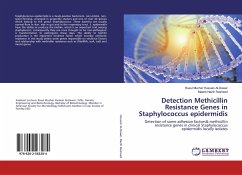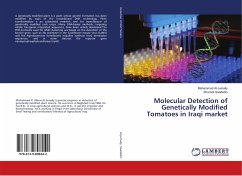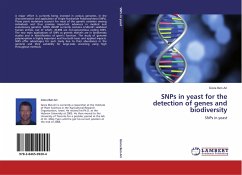The diagnosis, prognosis, and treatment of acute myeloid leukemia (AML) has been transformed over the past 15 years from a disease defined, classed, and staged based on histologic characteristics alone to a disease classified largely based on genetic, genomic, and molecular characteristics. The risk pattern in AML is determined not only by cytogenetic abnormalities, such as chromosomal deletions, duplications, or substitutions, but also by the elucidation of certain molecular mutations leading to over- or under-expressions of one of many proteins.This book was aimed to detect the three most frequently occurring reciprocal translocations of(AML) by reverse transcriptase polymerase chain reaction (RT-PCR): AML1-ETO associated with t(8;21), CBFB-MYH11 with inv(16), PML-RARA with t(15;17). The incidence of the common fusion transcripts in our pilot study is in accordance with that described in western studies. It is important to identify these transcripts as they provide useful prognostic information to the treating clinician.This study helps to establish the RT-PCR technique for the first time in the detection of these AML fusion genes,in the molecular biology department in Sudan.
Bitte wählen Sie Ihr Anliegen aus.
Rechnungen
Retourenschein anfordern
Bestellstatus
Storno

